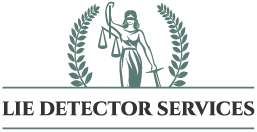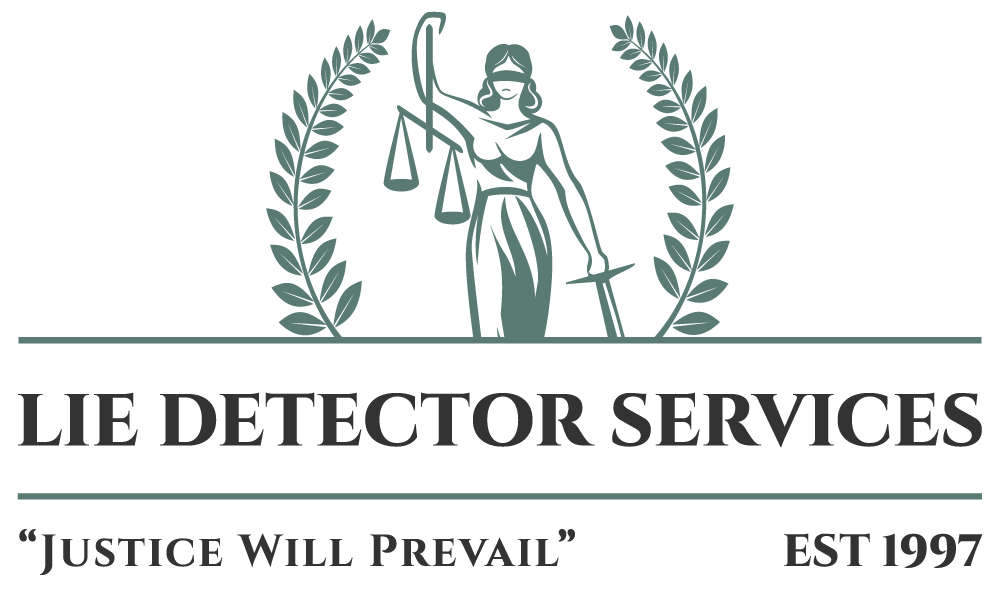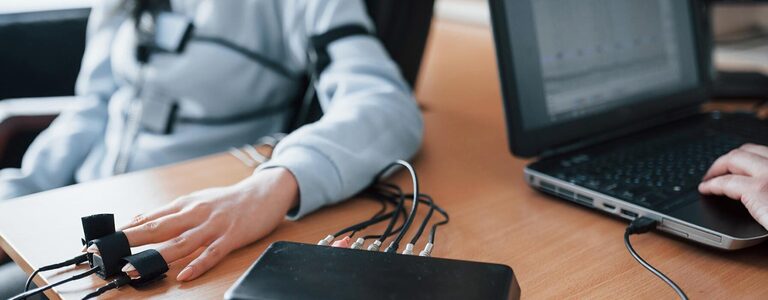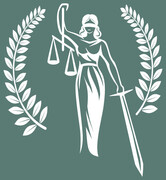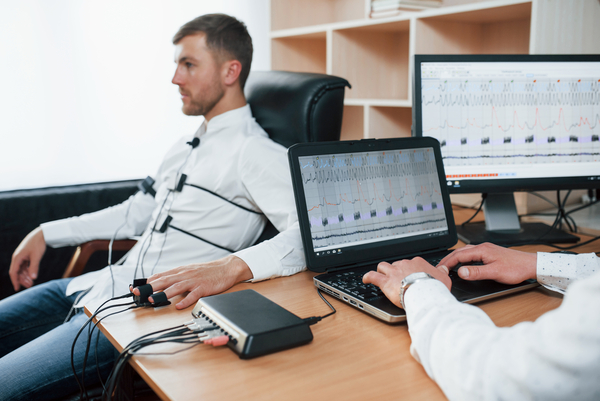
Lie Detector Tests: Hull York Leeds Wakefield
Friday 19th September 2025
JE
The Use of the Polygraph in Evidence Collection
The polygraph test, widely known as the “lie detector,” has long attracted interest in both legal and private investigative work. By measuring physiological indicators such as blood pressure, respiration, heart rate, and skin conductivity, it aims to identify patterns associated with truthfulness or deception. While its admissibility as evidence in courtrooms remains limited, the polygraph plays a growing role in guiding investigations, offender management, and resolving private disputes.
How the Polygraph Works
During a polygraph examination, the subject answers a series of structured questions while connected to monitoring equipment. A trained examiner analyses involuntary responses to determine whether the individual is likely being truthful or deceptive. Unlike ordinary questioning, the polygraph measures subconscious reactions, providing insights beyond verbal statements.
Use in UK Investigations
In the United Kingdom, polygraph results are not accepted as direct evidence in criminal trials, but they are used in other ways. Since 2014, mandatory polygraph testing has been introduced for certain sex offenders on licence to encourage disclosure and reduce risk. This demonstrates how the polygraph can support supervision and public safety, even if it does not serve as formal courtroom proof.
Privately, polygraph testing is increasingly used to address sensitive issues such as workplace theft, family disputes, and relationship trust. Professional providers such as Lies2Light offer accredited services that help clients uncover the truth in a safe and confidential setting.
International Standards and Regulation
Outside of the UK, polygraph practice is governed by various professional bodies. For example, the Southern African Polygraph Federation (SAPFED) sets standards for examiners in South Africa and beyond, ensuring that tests are conducted ethically and professionally. By adhering to such frameworks, examiners build credibility and provide reassurance to clients that results are handled with integrity.
Advantages of Polygraph Use
One of the strongest advantages of polygraph testing is its psychological impact. Many individuals confronted with a test disclose the truth before or during the process, reducing the need for drawn-out investigations. In this way, the polygraph can be as much a tool for encouraging honesty as it is for detecting deception.
Limitations and Criticism
Despite its benefits, the polygraph is not infallible. Anxiety, medical conditions, or heightened stress can all influence results, sometimes leading to misleading outcomes. For this reason, UK courts remain cautious and do not allow polygraph evidence as primary proof. Instead, it is used to complement other investigative techniques such as forensic analysis, witness interviews, and digital evidence.
Conclusion
While the polygraph may not always be admissible in court, its role in evidence collection is undeniable. From assisting investigators to resolving personal disputes, it provides a unique blend of psychological and physiological insight. In the UK, accredited services like Lies2Light deliver trusted examinations, while international organisations such as SAPFED ensure that examiners meet professional standards. Together, these services and frameworks reinforce the polygraph’s position as a valuable investigative tool in the search for truth.
